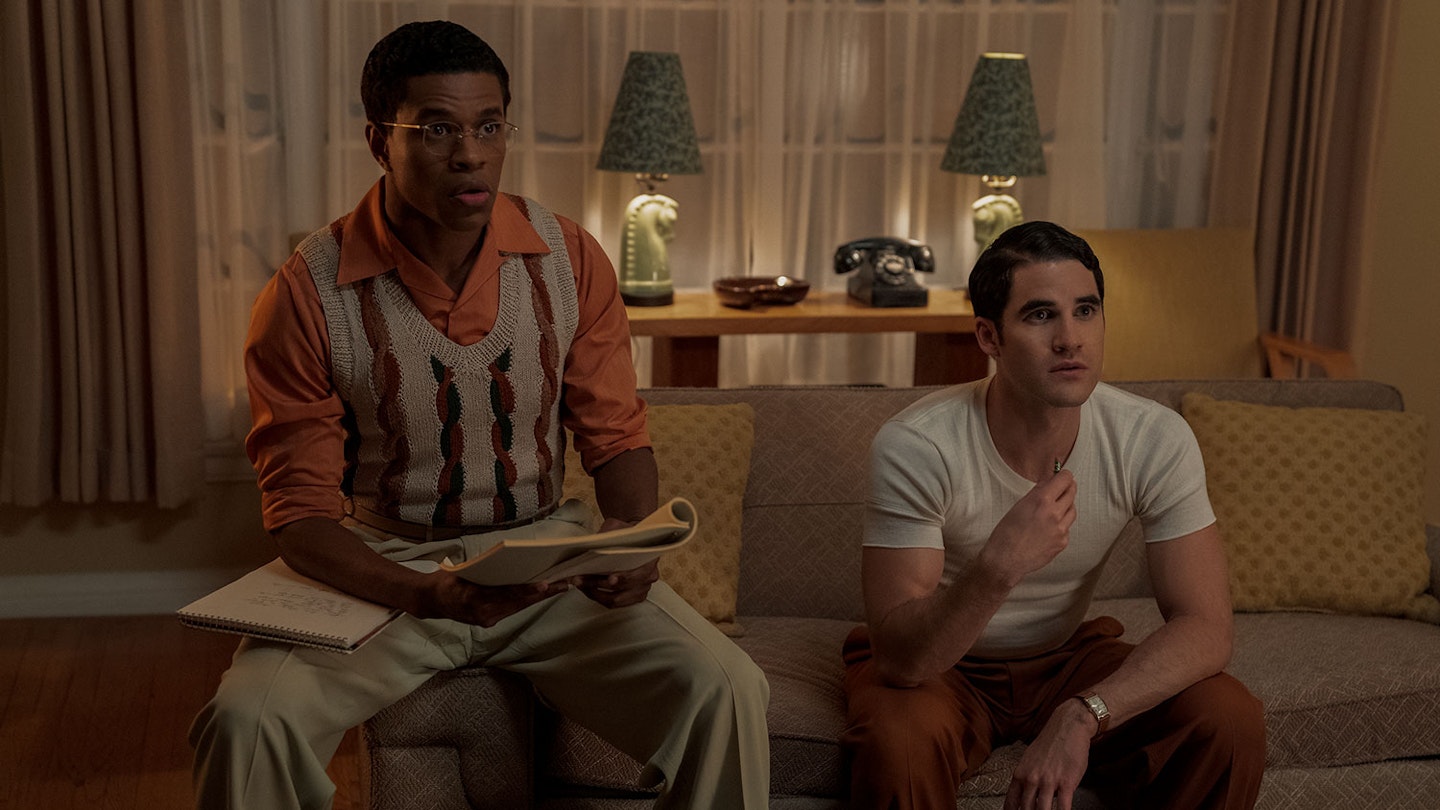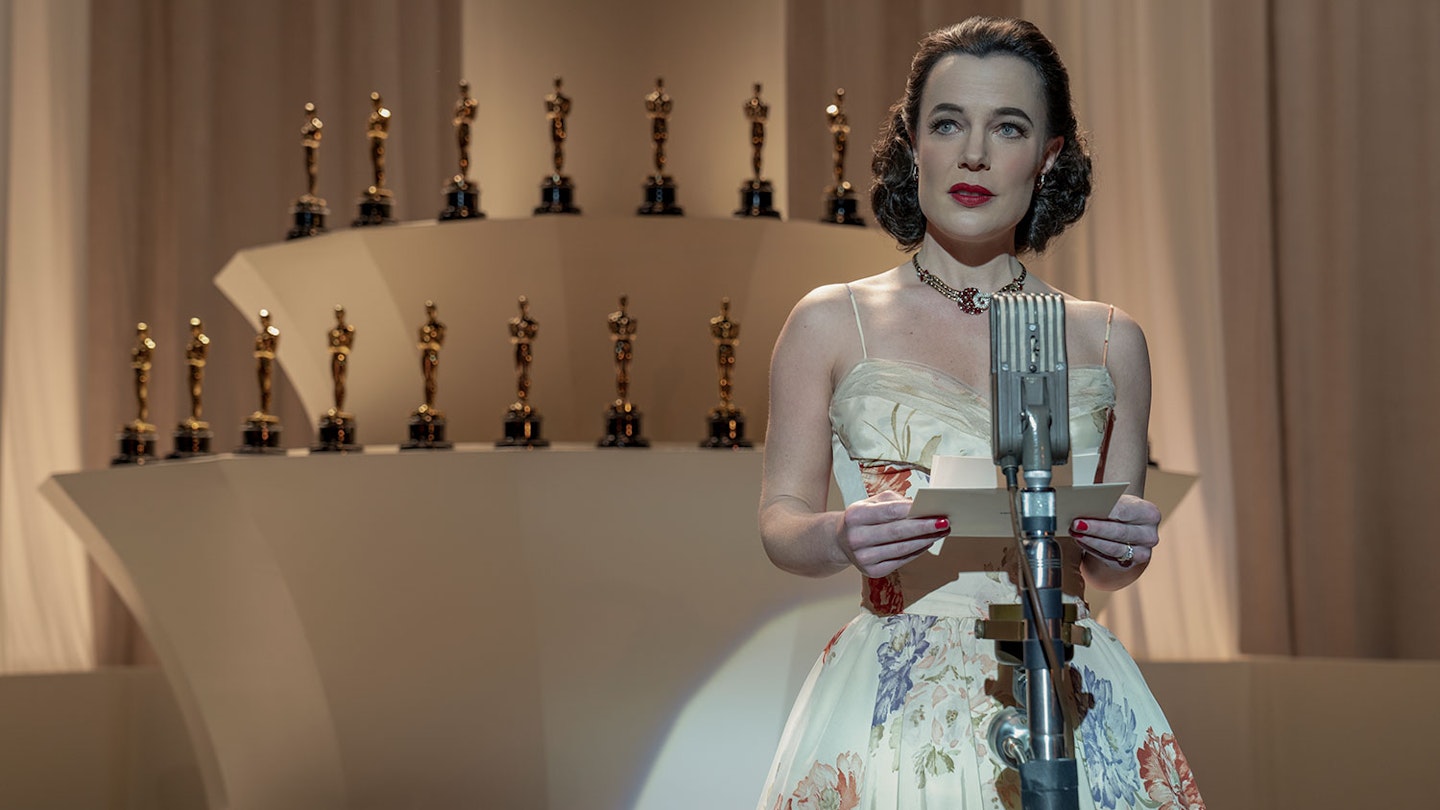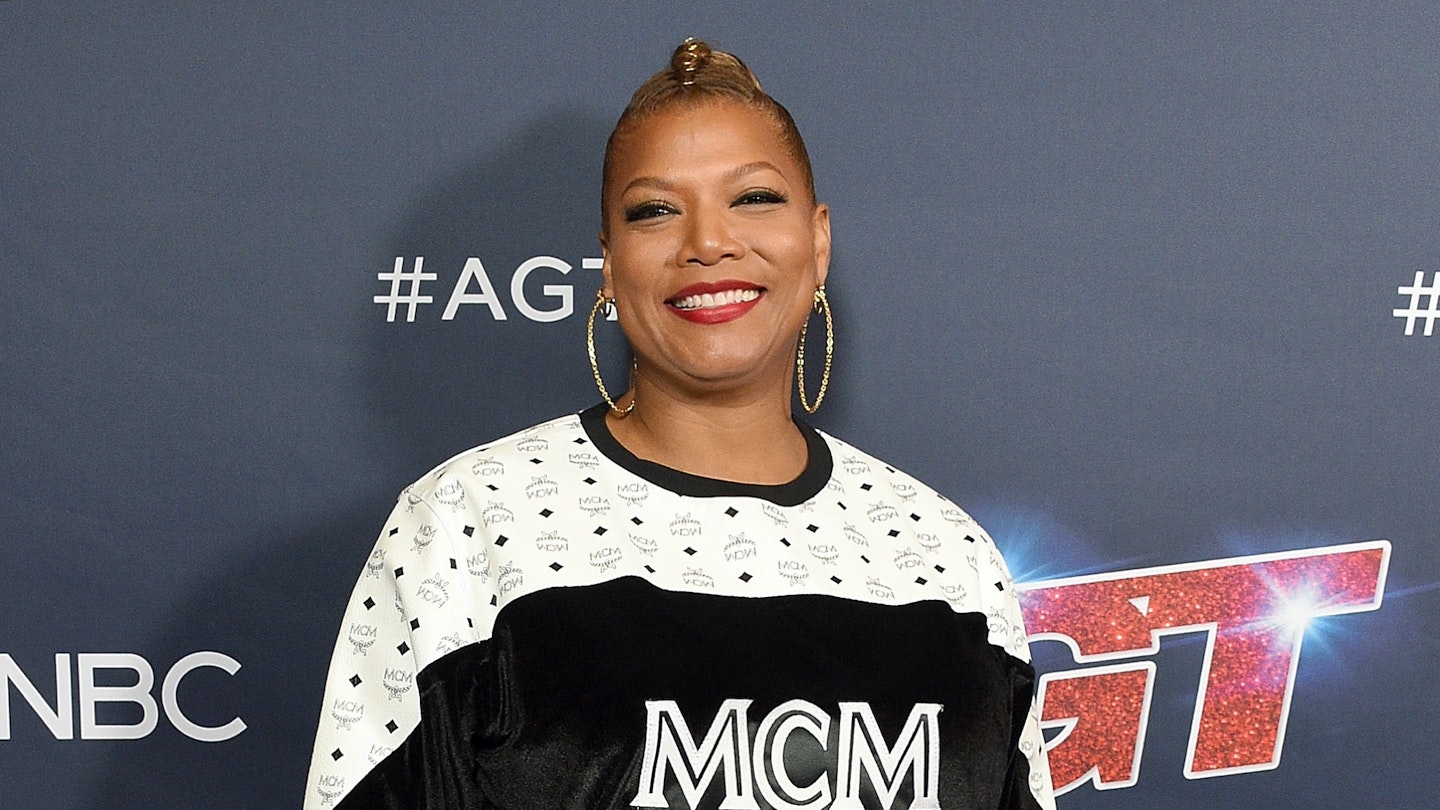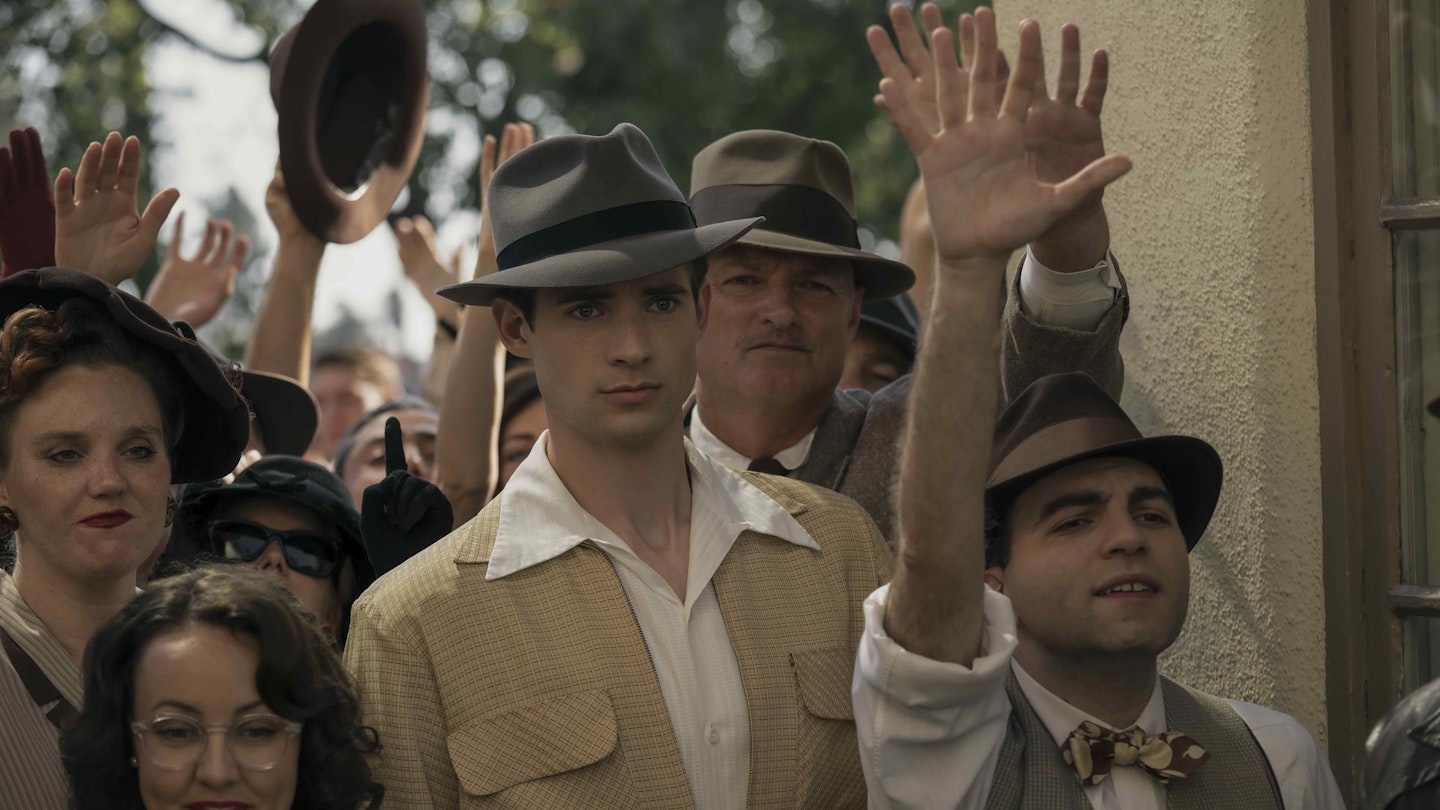Drawing from both real life and fiction, Ryan Murphy and Ian Brennan’s Hollywood offers a seductive premise for film fans, setting a cast of characters against the backdrop of the dream factory in the late 1940s. Its take on Old Hollywood (visually well-appointed, unnervingly clean) opens with Jack (David Corenswet), a young man with movie-star aspirations who moonlights as a sex worker.
Many vivid characters are soon introduced, including the wealthy wife of a boorish studio head (Patti LuPone); an ambitious young screenwriter who happens to be both Black and gay (Jeremy Pope); a manipulative wannabe starlet (Samara Weaving); a half-Fillipino movie director who passes as white (Darren Criss); and a conniving agent (Jim Parsons) who uses the casting couch on young men. Oh, and Rock Hudson (Jake Picking).

Each interconnecting story touches on larger truths, many insidious, about Hollywood’s Golden Age and its studio system: the reality of the casting couch; that the badly behaved or non-white were excised from view by powerful studio heads; that prostitution underpinned the less successful end of the movie dream; that racism and sexism were fundamental parts of it.
For everything it seems to get right, something about Hollywood seems all wrong.
This is the part of Hollywood that’s most intriguing, laying the groundwork, compellingly, of the complicity of the studios and sex work at the time, while the first few episodes are garnished with a ‘deep cut’ knowledge of the early American film industry — although this turns out to be little more than garnish.
For everything it seems to get right, something about Hollywood seems all wrong. Characters list off all the historically correct reasons why a progressive choice — like casting a Black woman in a lead — would be impossible, and then altruistically do it anyway. The show wants to lay bare the exploitation and racism of its era but refuses to commit to any portrayal of it that doesn’t seem prim. It uses terminology that sounds jarringly out-of-place for its period setting, like “women of colour”. The show’s continual straining for progressive credentials is one of its more tiresome habits, as are its characters’ occasional speechifying. At times they sound like they’re giving a TED Talk about representation from 2020.
As the show’s core story emerges — one which imagines a revolutionary fictional production being filmed — the wheels begin to fall off. Even giving it creative licence in its reimagining of a more inclusive Hollywood, it seems to want to have its cake and eat it too, showing what is sometimes a world of shocking exploitation before reeling it in and making everyone play nicely. This romanticised version of the past chafes offensively against the real-life experiences of a figure such as Dorothy Dandridge, the first Black woman to be Oscar-nominated for Best Actress. The ugly reality should not be subsumed to wish fulfilment or a desire to make history less ‘problematic’ — no matter how much we’d like it to be possible.


